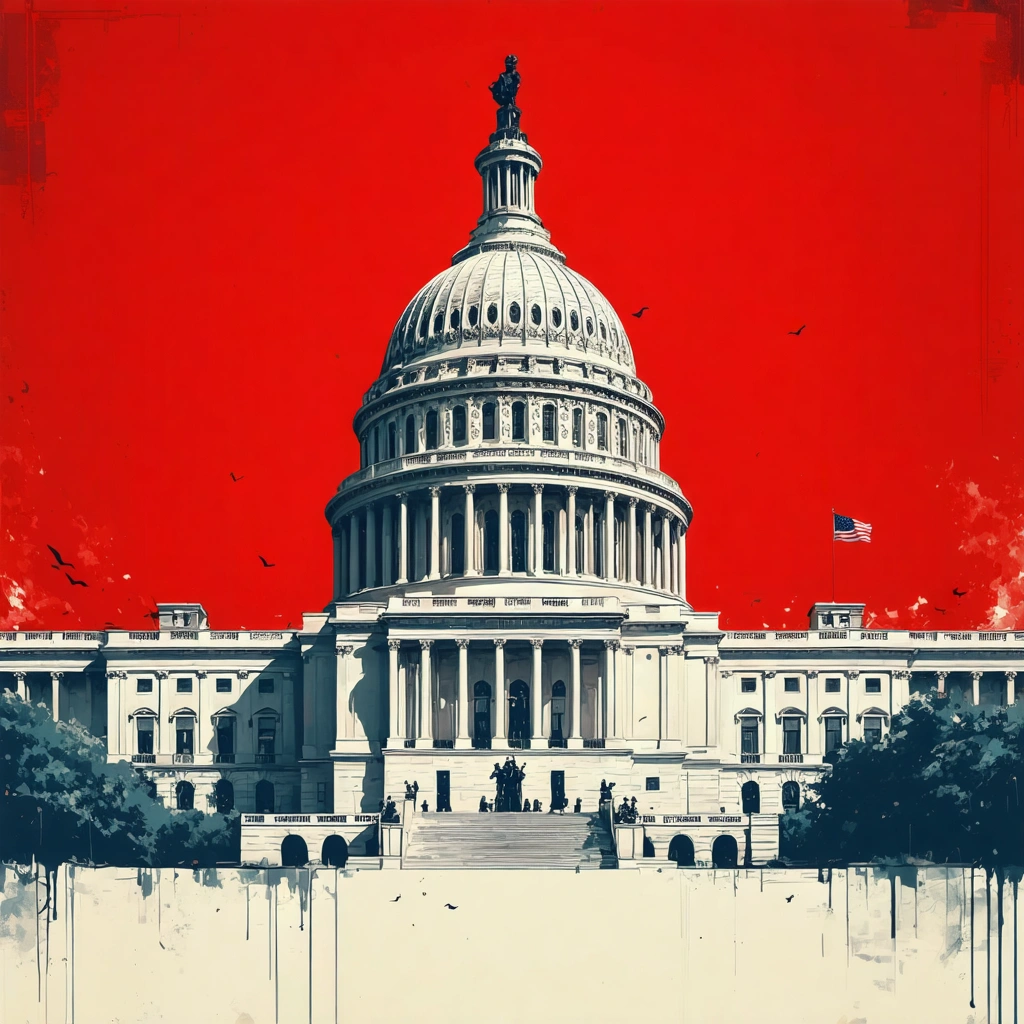
In a bold legislative move, the United States House of Representatives approved a bill requiring citizens to confirm their citizenship when registering to vote in federal elections. Lawmakers scheduled the new requirement to take effect on April 10, 2025. Republicans argue that the measure protects the electoral process by ensuring only eligible voters participate, while Democrats contend that it risks disenfranchising millions who face difficulties obtaining necessary documentation. Consequently, the nation now braces for a political storm that may bring long-term changes to voter registration practices.
Background and Legislative Journey
The bill emerged amid fervent debates and extensive committee discussions. Lawmakers on both sides exchanged ideas vigorously and explored multiple amendments during several sessions.
Development of the Bill
Legislators devised the proposal after months of detailed analysis and public hearings. They emphasized transparency and accountability while drafting provisions that modernize voter registration. Moreover, experts presented statistical data, comparative studies, and historical precedents to support various perspectives. Key steps included:
- Reviewing established registration requirements
- Consulting with state officials and advocacy groups
- Formulating amendments to address potential implementation challenges
Furthermore, committee members conducted workshops and roundtable discussions that enriched the bill’s structure. In addition, the debates stimulated several proposals for refining the guidelines to ensure fairness and clarity, thereby fueling anticipation among the public and political observers alike.
Political Reactions and Debate
Republican and Democratic Perspectives
Republicans defended the bill passionately, asserting that clear documentation preserves the integrity of elections. In contrast, Democrats raised critical concerns over excessive bureaucracy and the risk of marginalizing voters in rural or underserved urban regions. Political leaders clarified their stances through structured points:
- Simplifying the authentication process remains essential for maintaining public trust.
- Ensuring that registration centers adopt equitable practices can minimize delays.
- Protecting constitutional rights while modernizing procedures challenges both parties.
A comparative analysis of positions appears in the table below:
| Aspect | Republican View | Democratic View |
|---|---|---|
| Voter Legitimacy | Crucial for safeguarding elections | Risk of exclusion and undue complexity |
| Administrative Process | Structured and standardized | Potentially burdensome and confusing |
| Impact on Turnout | Marginal if implemented fairly | Could significantly lower participation |
Such detailed presentations promoted vigorous debate across media platforms and community forums, and observers noted that this controversy might redefine upcoming electoral cycles.
Potential Consequences and Future Outlook
Implications on Voter Turnout
The bill promises to influence voter turnout considerably. Civil rights groups and election experts voiced apprehension that the introduction of strict documentation requirements might lower overall participation. They explained that when registration procedures become more complicated, individuals already facing systemic challenges encounter even greater obstacles.
Expert Opinions
Political analysts predicted that the bill’s long-term effects would depend on state-level adaptations and the support provided to disenfranchised communities. Experts recommended several measures to mitigate negative impacts:
- Simplify the process by allowing a range of acceptable documents.
- Increase resources for voter education and outreach.
- Allocate funding to modernize voter registration systems.
Moreover, community leaders and scholars emphasized that successful implementation would require a balance between safeguarding electoral integrity and ensuring broad access. They maintained that clear communication and diligent oversight could help resolve potential conflicts. Consequently, advocacy groups and policymakers agreed to monitor the law’s application and to remain prepared for further legislative adjustments, thereby reinforcing a commitment to an inclusive democratic process.
Historical Context and Broader Impact
History offers valuable insight into voter registration reforms, and previous initiatives provide both encouraging lessons and cautionary tales. In earlier decades, legislators introduced various measures designed to regulate and streamline the voting process. These reforms sometimes led to unanticipated consequences, such as voter suppression in marginalized communities. Observers now draw parallels between past legislative efforts and the current bill. They stress that historical context matters because familiar challenges often reappear in new forms. Additionally, analysts note that this bill might transform how citizens perceive voting rights. They underscore that engaging in proactive dialogue and fostering collaborative solutions remain critical for sustaining trust in government. Moreover, community advocates and academic experts continue to remind lawmakers that reforms need to balance security with accessibility effectively, and they insist that listening to public opinion plays a fundamental role in this balance.
Community Response and Advocacy Efforts
Stakeholders from various sectors responded with passion and determination. Grassroots organizations, legal experts, and civic groups mobilized rapidly in reaction to the bill’s passage. They organized town hall meetings, online forums, and webinars to debate potential impacts on local communities. Many citizens expressed a willingness to engage in follow-up discussions and even protest if the law led to unintended negative consequences. Key advocacy efforts have included:
- Coordinated social media campaigns to raise awareness
- Letters and petitions addressed to state and federal representatives
- Workshops educating voters about new documentation requirements
Furthermore, organized rallies in several urban centers emphasized the importance of accessible voting systems while urging legislators to consider alternative solutions. In parallel, legal experts prepared to challenge any aspects of the law that appear overly restrictive. As a result, ongoing dialogue between community leaders and policymakers sets the stage for amendments and continual review. In essence, the unfolding reaction epitomizes civic engagement and promises further evolution in how voter eligibility standards develop, ensuring that both security and accessibility remain at the forefront of future electoral legislation.




